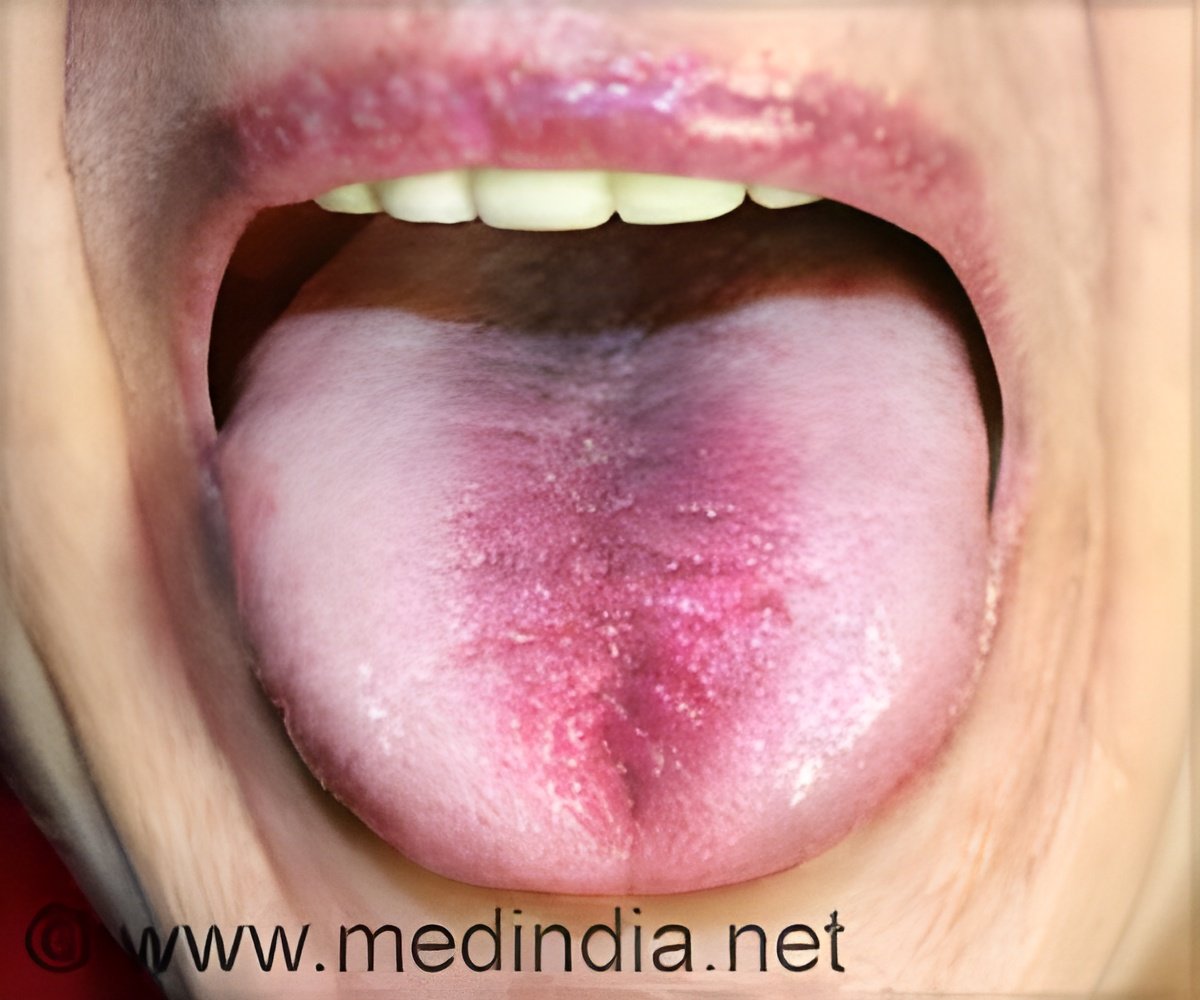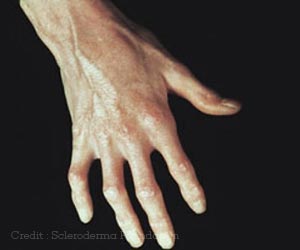A new way to quickly eliminate fungal infections in the mouth has been developed by researchers at Penn Dental and Penn Engineering, using magnetically guided nanorobots.

Candida albicans, a major human fungal pathogen
Go to source).
‘‘Nanozyme-based robotics approach is a new rapid way to eradicate stubborn fungal infections precisely in the mouth.#antifungal therapy #nanorobots #biofilm’’





Although nanomaterials show promise as agents of antibiotics, current literature evidence lacks the power and specificity necessary for rapid and targeted therapy, resulting in longer treatment times and side effects that -are non-useful and resistant to drugs.Now, a team of researchers led by Hyun (Michel) Koo of the University of Pennsylvania School of Dentistry and Edward Steager of Penn’s School of Engineering and Applied Science has developed a new way.
Finding New Way to Quickly Eliminate Fungal Infections
Candida forms a severe biofilm infection that is difficult to treat. Current antifungal therapy does not have the power and specificity required to eliminate these viruses quickly and effectively. Therefore this collaboration provides new approaches.In the new study published in Advanced Materials, researchers focused on recent advances in catalytic nanoparticles, called nanozymes, and built a small robotic system that can accurately target and destroy fast fungal cells. They achieved this by using electromagnetic fields to precisely control the shape and movement of these nanozyme microrobots (2✔ ✔Trusted Source
Nanozyme-based robotics approach for targeting fungal infection
Go to source).
The method they used to control the nanoparticles in this study is magnetic, which allows us to direct them to the site of infection. Using iron oxide nanoparticles, which have another important feature, which is that they make the body stronger.
Researchers developed the movement, speed, and structure of nanozymes, which increased the catalytic activity, as did the enzyme peroxidase, which helps to break down hydrogen peroxide into water and oxygen. This helps in the generation of large reactive oxygen species (ROS), compounds that are destructive agents, at the site of infection.
Advertisement
This specific interaction paves the way for strong and targeted antifungal effects without affecting other non-infected areas. Combined with the activity of the nanozyme, this results in a strong antifungal effect, demonstrating the rapid elimination of fungal cells within an unprecedented 10-minute window (3✔ ✔Trusted Source
Nanozymes—Hitting the Biosensing “Targetâ€
Go to source).
Magnetic and catalytic properties combined with unexpected fungal interactions open up exciting opportunities for automated “strategy-killing” immune systems.
This robotic system opens new frontiers in the fight against fungal infections and marks a revolution in antifungal therapy. With new tools in their arsenal, medical and dental professionals are closer than ever to effectively combating these difficult pathogens.
References:
- Candida albicans, a major human fungal pathogen - (https://link.springer.com/article/10.1007/s12275-011-1064-7)
- Nanozyme-based robotics approach for targeting fungal infection - (https://onlinelibrary.wiley.com/doi/10.1002/adma.202300320)
- Nanozymes—Hitting the Biosensing “Target” - (https://www.mdpi.com/1424-8220/21/15/5201)












